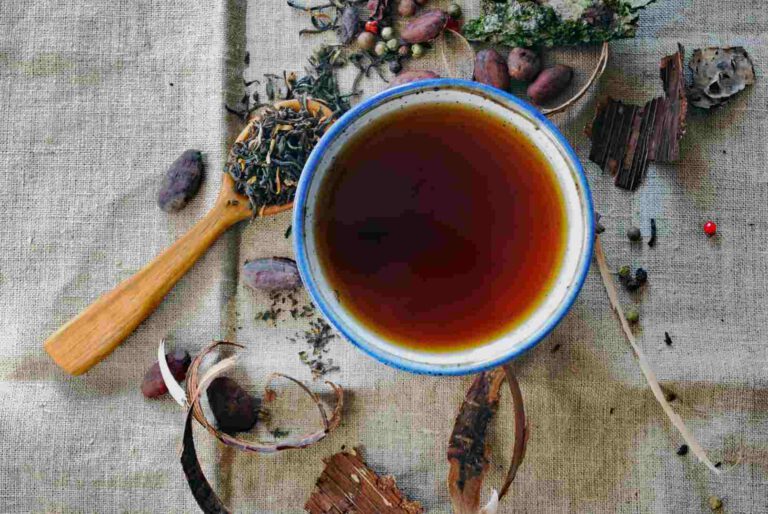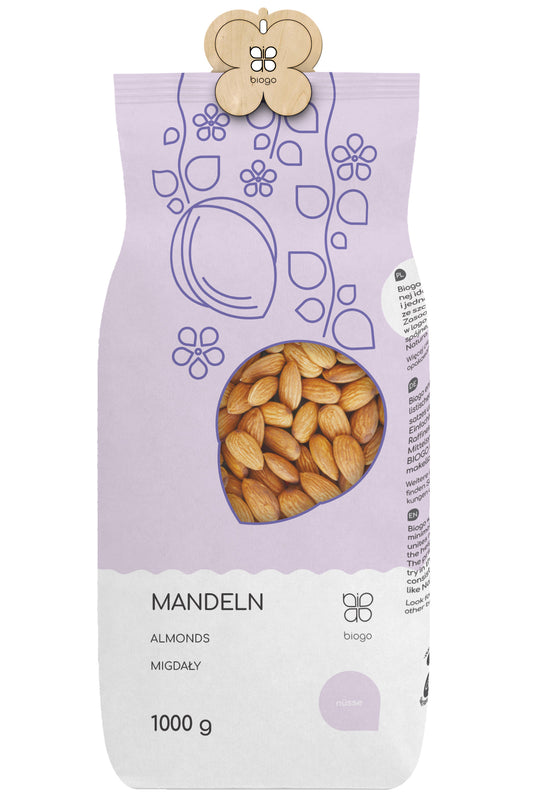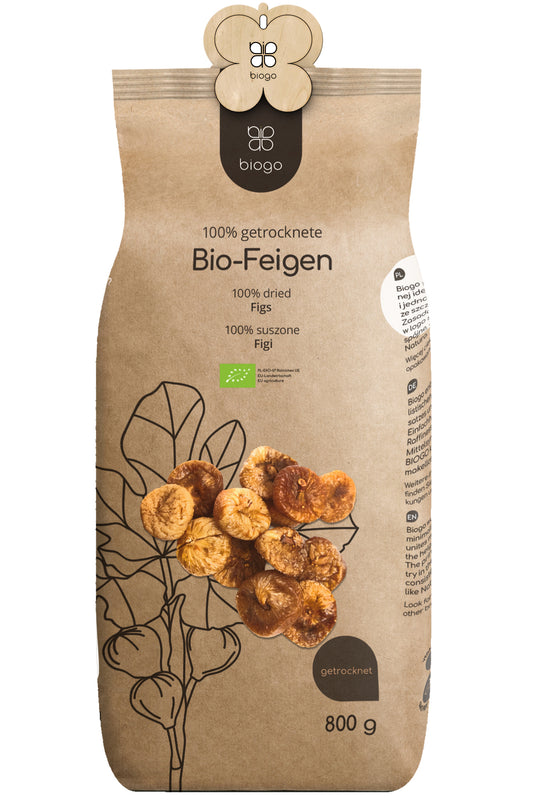Contents:
Green, white, matcha , oolong, yerba mate – we're getting to know more and more new types of tea, getting used to their new flavors and also appreciating their health benefits. Nevertheless, black tea is still the most popular warm drink in everyday life. Tea accompanies us from a young age and accounts for up to 90% of the world's production of this type of beverage. We attach great importance to its taste, especially when it's prepared with sugar, honey , lemon or sweet raspberry syrup. But besides its taste, traditional black tea also has some valuable properties for our body.
Properties of black tea
This precious amber-colored beverage was one of the oldest infusions known to mankind in the world. Apparently, the origins of this brew date back 4,700 years ago. It was then that Emperor Shen-Nunga discovered its flavor qualities when he accidentally dropped a tea leaf into a pot of boiling water. Today, Assam, Ceylon, Yunnan, and Darjeeling are the most popular tea varieties in the world. Each of them has health-promoting properties and contains groups of polyphenols called flavonoids, which have antioxidant effects, meaning they slow down the action of free radicals responsible for the aging of our body. Black tea also contains theaflavins. These are very powerful antioxidants, comparable to those found in green tea. In addition, it is a source of theine and tannin. All of the ingredients found in black tea make it possible to:
- stimulating,
- Improve concentration,
- anti-inflammatory,
- antibacterial,
- anticoagulants,
- Support of the digestive process,
- Prevention of diarrhea,
- Normalization of sugar levels,
- protect the blood vessels and the heart,
- Lowering bad cholesterol and triglycerides.
The most popular black tea varieties
- Assam – has a very intense, slightly sour taste and strong stimulating properties,
- Ceylon – is delicate and mild,
- Yunnan – strong, slightly spicy,
- Darjeeling – quite sour and strong, despite its very light color is considered the best Indian tea,
- Graf grau - with a floral aroma, slightly sour due to the addition of bergamot,
- English Breakfast – is a blend of several different black teas.
Which black tea is the best ?
In fact, the one that best suits us in terms of taste and aroma. All teas, regardless of the variety, have a beneficial effect on our body and contain valuable ingredients, such as antioxidants. What you should pay attention to is the quality of the tea. It should preferably be a leaf tea, brewed in water at a temperature of 100°C or slightly lower. How can we determine whether a particular tea is of good quality?
- high-quality tea has an intense, distinctive aroma,
- when touched gently, the tea leaves should not crumble and fall apart (we should definitely avoid fine and heavily crushed tea),
- Tea leaves soaked in water should be smooth and slightly slippery.
THE PUBLISHER'S CHOICE
Dried dates 1 kg BIOGO
- £4.00
£5.00- £4.00
- Unit price
- / per
Almonds 1 kg BIOGO
- £11.00
£13.00- £11.00
- Unit price
- / per
Peeled sunflower seeds 1 kg BIOGO
- £3.00
£4.00- £3.00
- Unit price
- / per
Dried organic mango 400 g BIOGO
- £10.00
- £10.00
- Unit price
- / per
Dried White Mulberries 500 g ORGANIC
- £6.00
£7.00- £6.00
- Unit price
- / per
Popcorn (corn kernels) organic 1 kg BIOGO
- £6.00
- £6.00
- Unit price
- / per
Organic Ground Turmeric 500 g BIOGO
- £6.00
- £6.00
- Unit price
- / per
Milk thistle seeds 1 kg BIOGO
- £4.00
- £4.00
- Unit price
- / per
Dried organic figs 800 g BIOGO
- £27.00
- £27.00
- Unit price
- / per
Bag #changezbiogo Cotton v.2
- £3.00
- £3.00
- Unit price
- / per






































































































































